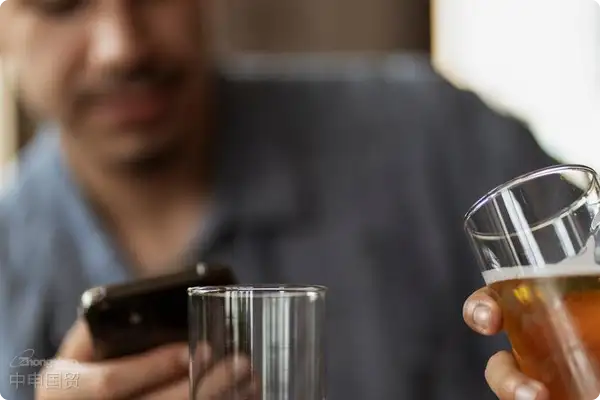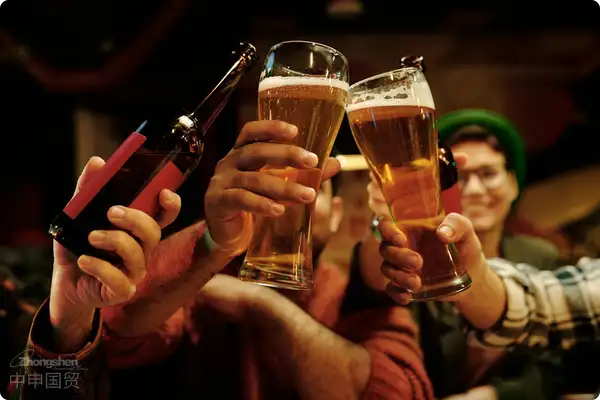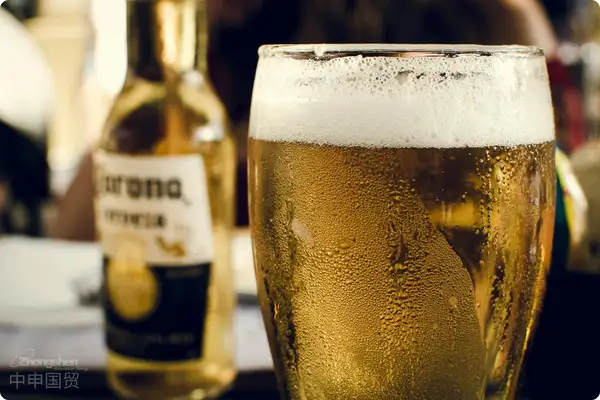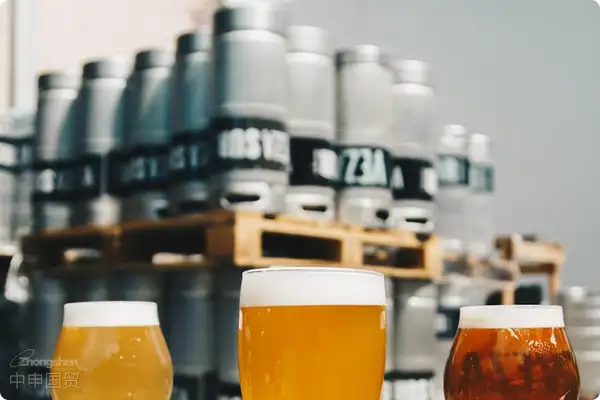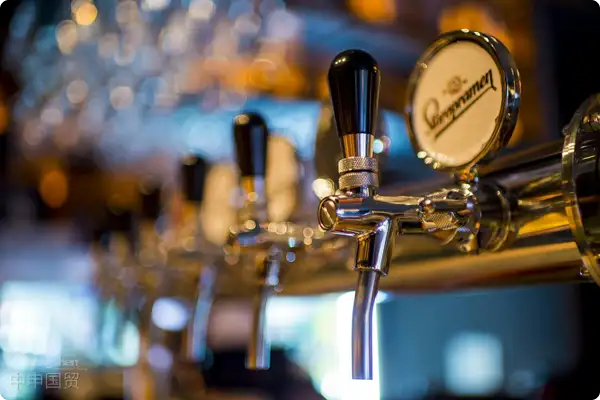- Shanghai Zhongshen International Trade Co., Ltd. - Two decades of trade agency expertise.
- Service Hotline: 139 1787 2118
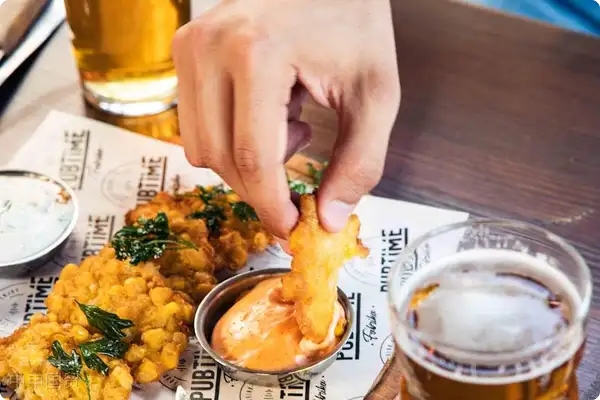
What happened when Lao Zhang wanted to become a Heineken beer agent
Last summer, Mr. Zhang, the general manager of a Ningbo food trading company, approached me with samples for consultation. Holding 3 million yuan in startup capital, he planned to import Heineken beer from the Netherlands. However, when he contacted Heineken headquarters, the response was must sign through the Greater China regional distributor. This case reveals a key fact:Importing branded beer requires navigating a three-tier authorization system.
Feasibility verification for beer import agency
In the 2025 trade environment, importing Heineken beer as an agent requires focusing on three key dimensions:
- Brand authorization chain
- Hierarchical structure: Manufacturer → Regional distributor → Country/territory agent
- Special distribution agreements in the Chinese market (Heinekens 2020 strategic partnership with CR Snow)
- Import qualification compatibility
- Food distribution license and alcohol business permit
- Customs clearance advantages for AEO-certified enterprises
- Logistics cost threshold
- Break-even calculation for FCL vs LCL shipping
- 2025 EU route bunker adjustment factor fluctuation alert
Practical calculation of tariff costs
Example: 40-foot container loading 16,650 cases (330ml*24 cans):
| Project | Calculation method | Reference values |
|---|---|---|
| Tariff | CIF price × 10% | €18,600 |
| Value - added Tax | (CIF + tariff) × 13% | €26,838 |
| Consumption Tax | 220 yuan/ton × exchange rate | €1,925 |
| *Actual rates subject to latest customs announcements | ||
Agency model selection roadmap
- Direct brand signing model
Suitable for enterprises with annual purchases exceeding €5 million, requiring three-year distribution plan
- Regional distributor sub-signing model
Mainstream cooperation method, initial order typically not less than €500,000
- Cross-border parallel import model
Carries trademark infringement risks, requires written permission from trademark owner
Three mandatory checks for new agents
- Verify Dutch factory code in List of Registered Overseas Manufacturers of Imported Foods
- Confirm Chinese back label compliance with GB 7718 prepackaged food standard
- Evaluating the impact coefficient of temperature fluctuations in cold chain transportation on beer taste
FAQ Decryption
Q: Can I contact the Dutch factory directly for procurement?
A: Heineken implements global unified distribution management. Individuals or enterprises making direct purchases will not obtain formal authorization documents.
Q: Are special qualifications required for e-commerce channel sales?
A: In addition to regular licenses, online food business registration is required, and buy-with-gift promotions are prohibited (according to the Alcoholic Beverage Circulation Management Measures).
Q: How to handle near-expiration inventory?
A: It is recommended to initiate special channel sales when 30% of the shelf life remains, and targeted digestion can be achieved through catering channels.
Standing at the threshold of 2025, intelligent customs declaration systems can already automatically identify HS code differences (such as the classification distinction between hop products and finished beer). But the essence of business decisions has never changed—Finding the correct entry point in the authorization chain and calculating the true boundaries of comprehensive costs. This may be the core code of the imported beer agency business.
Related Recommendations
Category case
Contact Us
Email: service@sh-zhongshen.com
Related Recommendations
Contact via WeChat

? 2025. All Rights Reserved. Shanghai ICP No. 2023007705-2  PSB Record: Shanghai No.31011502009912
PSB Record: Shanghai No.31011502009912
